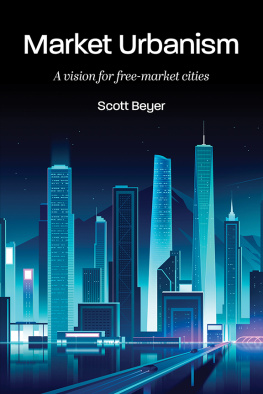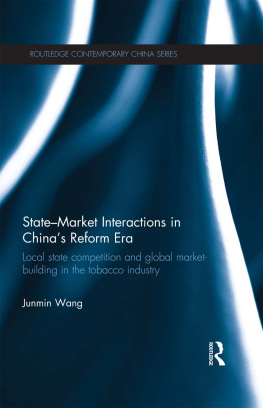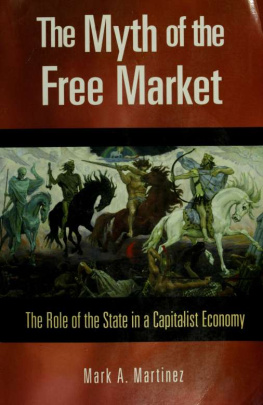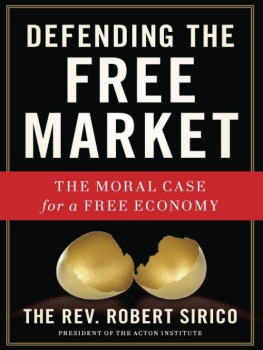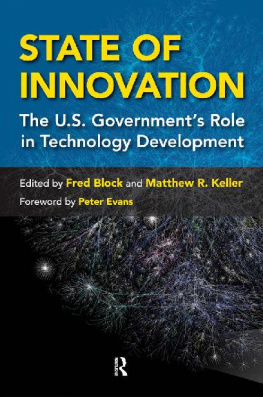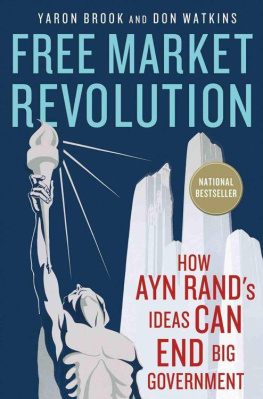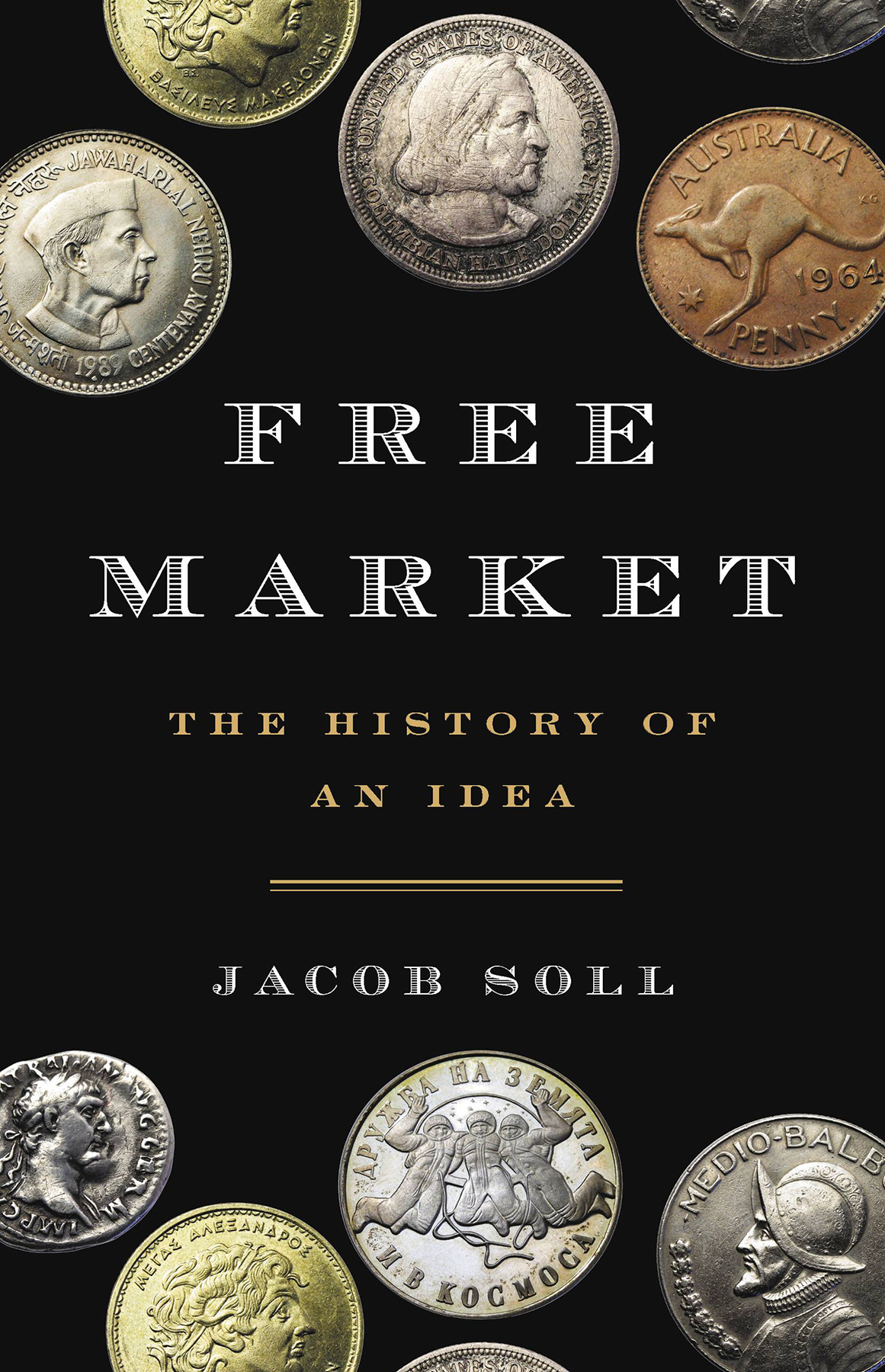
Copyright 2022 by Jacob Soll
Cover design by Chin-Yee Lai
Cover image: Mikhail Olykaynen/Alamy Stock Photo
Cover copyright 2022 by Hachette Book Group, Inc.
Hachette Book Group supports the right to free expression and the value of copyright. The purpose of copyright is to encourage writers and artists to produce the creative works that enrich our culture.
The scanning, uploading, and distribution of this book without permission is a theft of the authors intellectual property. If you would like permission to use material from the book (other than for review purposes), please contact permissions@hbgusa.com. Thank you for your support of the authors rights.
Basic Books
Hachette Book Group
1290 Avenue of the Americas, New York, NY 10104
www.basicbooks.com
First Edition: September 2022
Published by Basic Books, an imprint of Perseus Books, LLC, a subsidiary of Hachette Book Group, Inc. The Basic Books name and logo is a trademark of the Hachette Book Group.
The Hachette Speakers Bureau provides a wide range of authors for speaking events. To find out more, go to www.hachettespeakersbureau.com or call (866) 376-6591.
The publisher is not responsible for websites (or their content) that are not owned by the publisher.
Library of Congress Cataloging-in-Publication Data
Names: Soll, Jacob, 1968 author.
Title: Free market : the history of an idea / Jacob Soll.
Description: First edition. New York : Basic Books, [2022] Includes bibliographical references and index.
Identifiers: LCCN 2021060264 ISBN 9780465049707 (hardcover) ISBN 9781541620230 (ebook)
Subjects: LCSH: Free enterpriseHistory. CapitalismHistory. Economic history.
Classification: LCC HB95 .S65 2022 DDC 306.3dc23/eng/20211210
LC record available at https://lccn.loc.gov/2021060264
ISBNs: 9780465049707 (hardcover), 9781541620230 (ebook)
E3-20220809-JV-NF-ORI
To Anthony Grafton
Mentor and Friend
Explore book giveaways, sneak peeks, deals, and more.
Tap here to learn more.

Few discoveries are more irritating than those which expose the pedigree of ideas.
L ORD A CTON, CITED BY F RIEDRICH H AYEK IN T HE R OAD TO S ERFDOM , CIRCA 1940
I N THE U NITED S TATES the free market is perhaps the most familiar of economic bywords. Since at least the Great Depression, the term has been a staple of the nations political discourse, used both to praise and to criticize policy. An economic philosophy intertwined with a number of powerful political ideologies, it has become nothing less than a Rorschach test. Many of us, when asked what we think about free markets, have a strong emotional reaction very much in line with our other personal convictions.
At the same time, not everyone agrees on what free markets are. The French rationalist economist Lon Walras (18341910) famously described the market as working in general equilibrium, by which he meant that the interaction of supply and demand created a balanced, self-adjusting economic system that regulated prices and interest rates,
The most familiar modern definition of free market thought comes from the work of the Nobel Prizewinning economist Milton Friedman, who defined the idea as the absence of any and all government activity in economic affairs, or, more broadly still, the absence of the law interfering with peoples pursuit of happiness. Among Friedmans most famous observations is that underlying most arguments against the free market is a lack of belief in freedom itself. Held as a universal model for all economic growth, the free market is seen by its proponents as effective at all times and in all places. Ideally, in Friedmans totalizing system, the market runs without any state intervention in response to private demand and supply, driven by the desires and choices of individuals, companies, and shareholders. Freeing up the market in this way, according to Friedman, ensures the efficient production and circulation of goods, wealth creation, and innovation.
In the past thirty years, though, free markets have proven to be less a certainty than a puzzle. Leading figures from all sides of the political spectrum, at least for the sake of political rhetoric, have become critical of orthodox free-market doctrines. In the United States, in a startling reversal, the Republican Party now supports trade tariffs, while British Conservatives have left the free trade zone
To answer this question, we need to study the long history of free market thought, for the rise of free market ideology within authoritarian China is hardly the only example belying Friedmans claims. The simple fact is that his ideal free-market vision for America never came to pass. Since the 1980s and 1990s, Americas middle class has been shrinking as Chinas grows. And while they may criticize government interference in the market, US finance and business interests feed on low interest rates, federal monetary policy, and state aid: twice since 2008, the US government has bailed out the financial system and various businesses, conveniently and deliberately sidestepping orthodox free-market thought, which clearly fails to account for periodic and devastating market failures.
Friedman is no straw man, mind you. His orthodox free-market discourse still prevails in the boardrooms of most leading corporations, even those making huge profits from the US government, as well as in business schoolseven publicly funded ones. Friedmans orthodoxy remains the credo of the US Chamber of Commerce. As a result, the United States and other democracies with liberal economies often fail to acknowledge that we are in an essentially abusive relationship with free market thought, looking to it for wealth creation and innovation while living and reliving endless cycles of deregulation, dangerous levels of debt, bankruptcies, frauds, and crashes followed by government bailouts, growing monopolies, wealth inequality, and political instability. And so we come back, again and again, for more of the same contradictory
If Friedman is the favorite son of free market ideologues, the eighteenth-century Scottish philosopher Adam Smith is seen as the traditions father. The modern conception of Adam Smith as a Friedmanesque champion of deregulation and unfettered free markets, however, is not particularly accurate. Misunderstood, misquoted, and reduced to clichs far removed from the eighteenth-century context in which he wrote, Smiths work nevertheless provides valuable lessons about how to approach economics. Until he wrote The Wealth of Nations in 1776, no one had provided such a wide-ranging and complex vision of economics and society as a vast, self-regulating system of wealth creation. Yet Smith also saw a significant role within the market for government and its institutions. The market functioned best, in his eyes, when virtuous, Stoic leadersthose versed in the Greek and Roman philosophy of the pursuit of happiness through self-knowledge and disciplineworked side by side with wealthy landowners to steer both politics and the market, putting the appropriate guideposts, incentives, and checks in place to keep the economy running.
Smith inhabited a very different social, philosophical, and religious universe from our own. It was a time of expanding empire and commerce, slavery, constitutional monarchy, elite parliamentarianism, and landowning oligarchyall things, it should be noted, that he embraced with enthusiasm. Smith, a student of philosophy and history, saw parallels between Great Britain and the Roman Republic and Empire, which is one reason why he found the writings of the first-century BC Roman senator and philosopher Marcus Tullius Cicero so attractive. Smith was an eighteenth-century deistand not necessarily a Christianwho fervently believed that God


